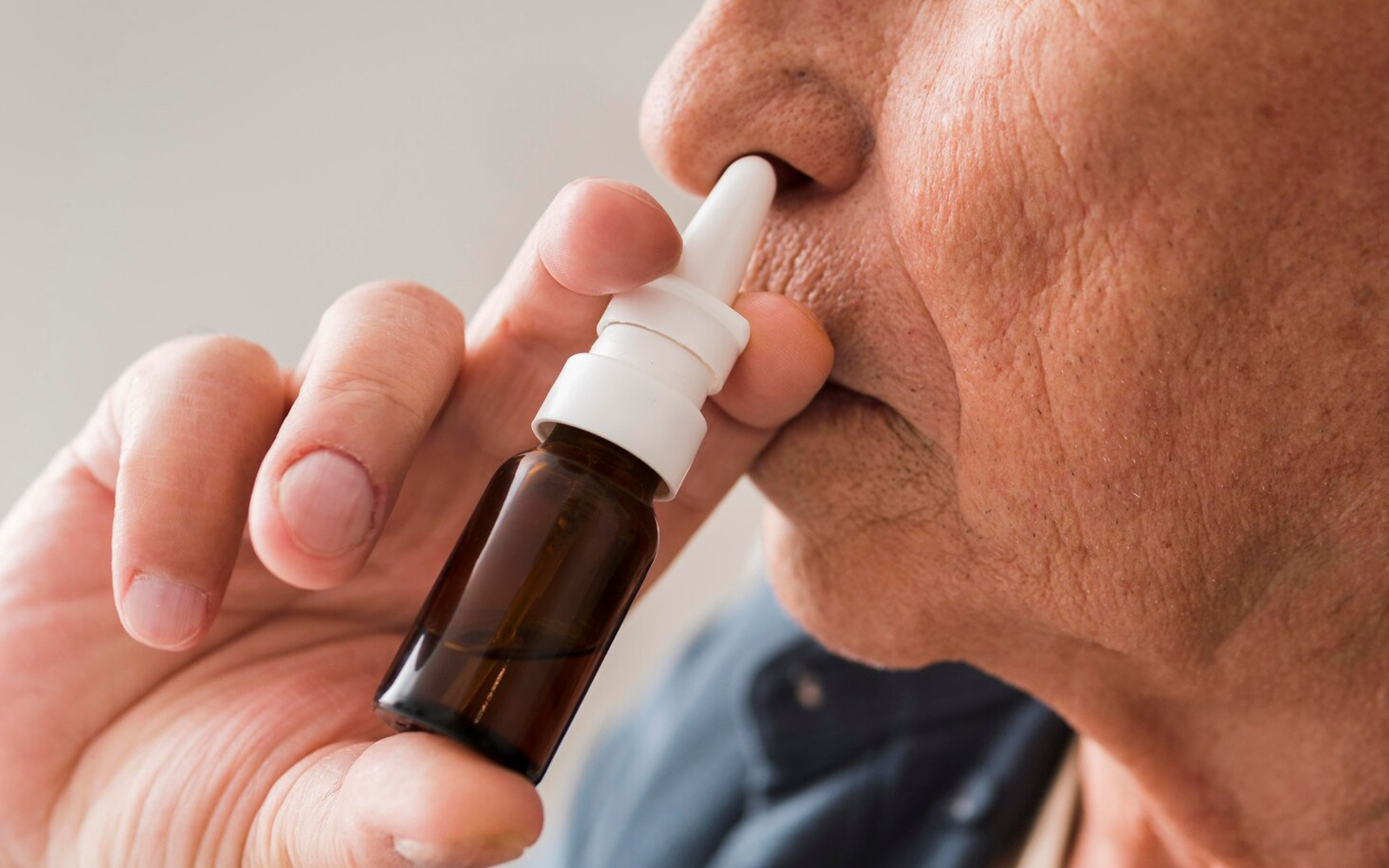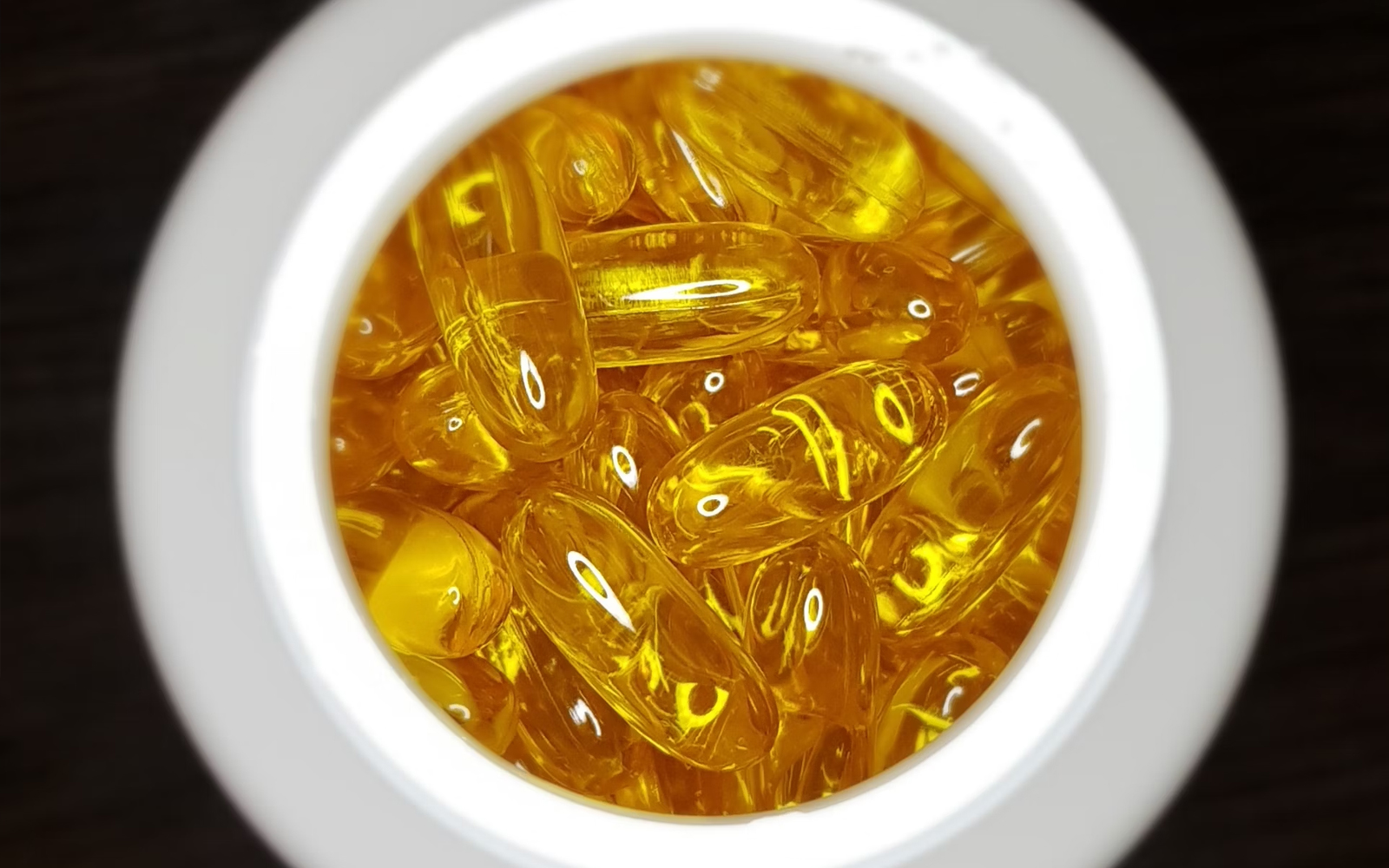
Chewing gum and mints offer quick relief, but long-term solutions are more complex.
Persistent bad breath, or halitosis, can stem from several factors many people overlook. The main culprits are bacteria that build up in the mouth, especially on the tongue and between teeth. These bacteria feed on food particles and release sulfur compounds that cause unpleasant odors.
While diet plays a role, it’s just one part of the issue. Foods like garlic and onions often take the blame, but bad breath can also originate from the digestive tract. Certain foods, such as garlic, contain aromatic compounds that enter the bloodstream and are released through the lungs, meaning the odor can persist even after brushing your teeth.
Good oral hygiene is essential. Without regular brushing, food particles remain in the mouth, providing a breeding ground for bacteria. Cleaning the tongue is also crucial, as it can harbor billions of bacteria and is a common source of bad breath.
Dry mouth is another frequent cause of bad breath. Saliva naturally cleans the mouth, so when there’s a lack of it, bacteria can multiply unchecked. Dry mouth may be caused by dehydration, certain medications, or breathing through the mouth, particularly during sleep.
Additionally, smoking and alcohol consumption contribute to dry mouth and bacterial growth, with smoking itself leaving a lingering odor.
How Can We Eliminate Bad Breath?
The good news is that bad breath can be effectively managed by adopting a few daily habits. The first step is consistent and thorough oral care.
Brush your teeth at least twice a day, ideally after every meal, and don’t forget to use dental floss. Cleaning your tongue is equally important since bacteria on the tongue are often a major cause of bad breath.
If you frequently experience dry mouth, make sure to stay hydrated and try to reduce excessive consumption of coffee and alcohol, which can dry out the mouth. Sugar-free gum can help stimulate saliva production and reduce bad breath.
Regular dental check-ups are also essential. Tartar buildup and gum disease can contribute to bad breath, so ensure your teeth and gums are healthy.
While mints and mouthwashes provide temporary relief, lasting solutions require lifestyle changes.
If you regularly consume foods that cause bad breath, try to cut back or follow meals with fresh herbs like mint or parsley, which naturally freshen breath and have antibacterial properties.


